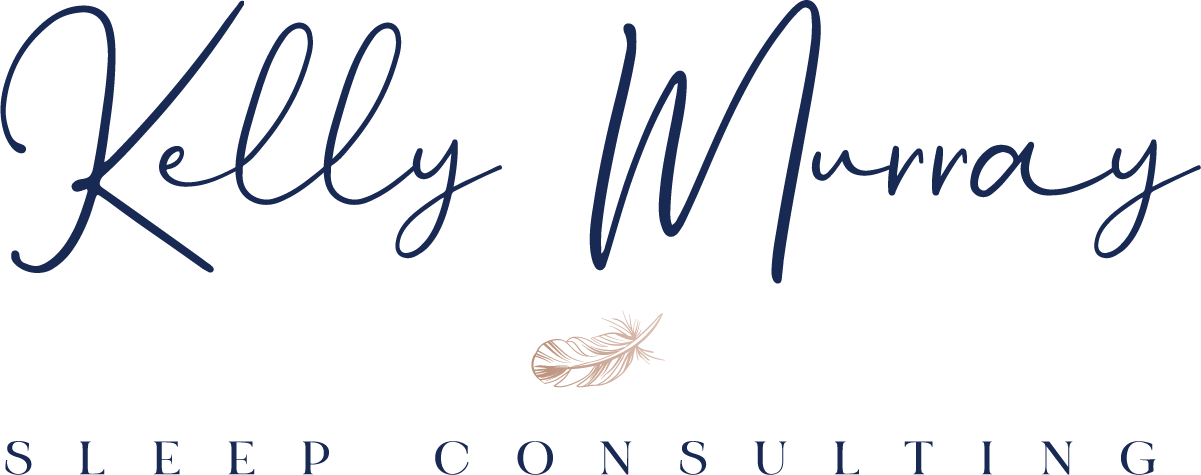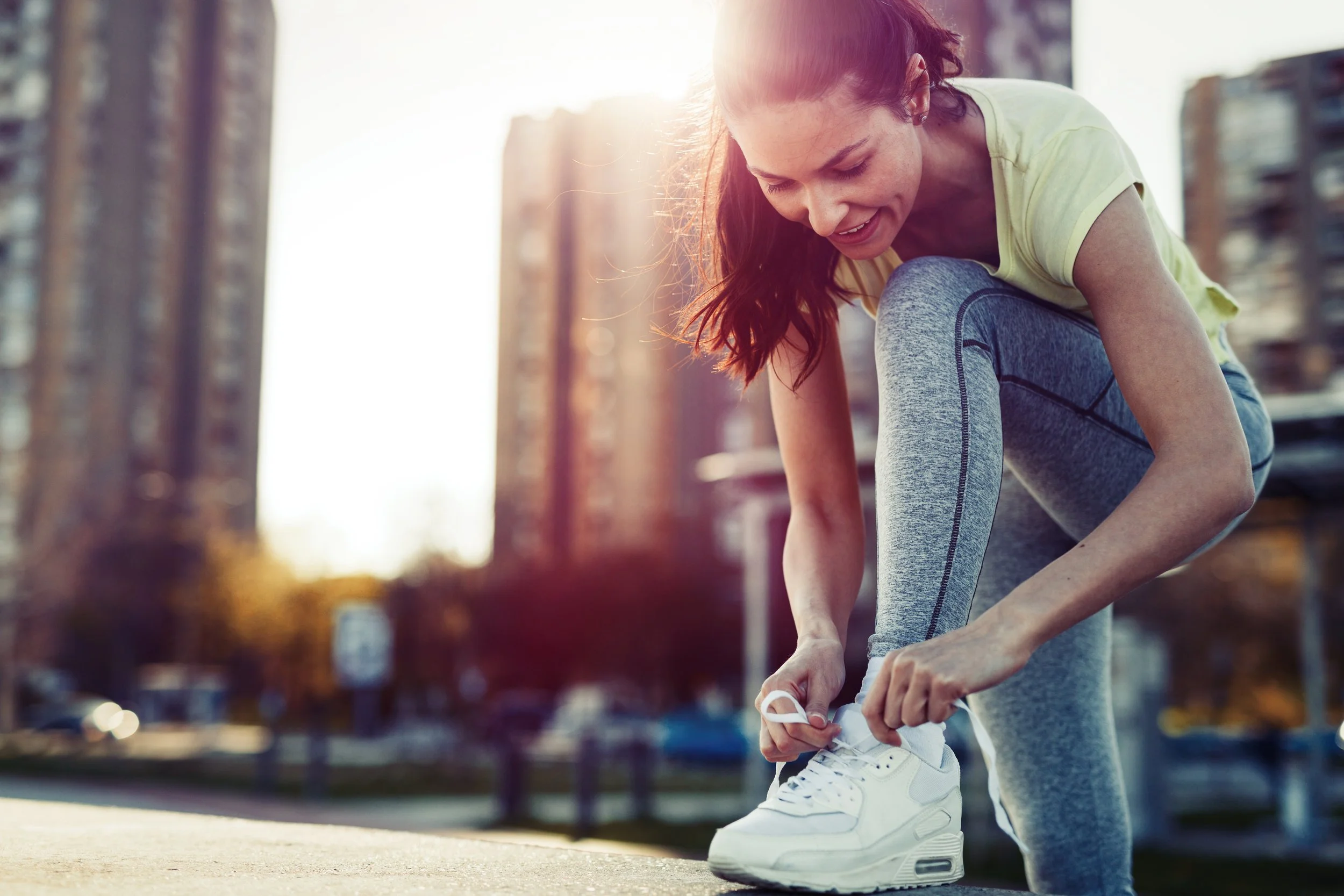Is exercising on your list of New Year’s resolutions?
It's that time of year again when you are likely thinking about what you want to accomplish in the upcoming year. If you're anything like most Americans, one of your New Year's resolutions is to exercise. And I am definitely behind that! That’s because exercise helps you improve your physical, mental, and emotional health and well-being. And in addition, it helps to improve your sleep.
In this blog, I will share how exercise improves your sleep. That way, you can be even more committed to moving your body in 2023, even when you don’t have enough energy due to a lack of sleep. Trust me; I know how hard it can be to exercise when you’re sleeping poorly.
In addition, I will answer a couple of questions you likely have. What is the best time to exercise? If I exercise late in the day, will it mess up my sleep? Is it better to exercise early in the morning? What is the best form of exercise to optimize sleep?
How Does Exercise Help Improve Sleep?
So we all know by now that exercise is good for your health. Like any new habit, I find it helpful to understand better why it is effective and to what degree before incorporating it into my routine. So that is just what I am going to explain next!
First and foremost, when you exercise, your body releases feel-good hormones like endorphins and serotonin. These hormones help to reduce the severity of anxiety and depression. This will lead to better sleep as these mental conditions adversely impact rest.
In addition, serotonin, one of those feel-good hormones, is the precursor to melatonin, the sleepy hormone. So the more serotonin you have in your body, the more melatonin you have and the better sleep you will achieve.
Another reason why exercise is so good for sleep is that when we're exercising, our bodies produce more of a chemical called adenosine. Adenosine connects to neurons in our brains and inhibits brain function.
The more adenosine we have in our body, the more brain function is impaired, and the more sleepy we feel. Our bodies also naturally produce adenosine when awake and deplete it when asleep. Having sufficient levels of adenosine is vital for good-quality sleep. If your body hasn’t built up enough adenosine before bed, you might experience issues either falling or staying asleep or both.
That said, if you can exercise during the day, it will help your body build appropriate adenosine levels for a good night's sleep. There are numerous studies to back this up.
They discovered at the end of this study that the participants slept an additional 75 minutes per night. According to the study's authors, it is more than any drug could deliver.
Now imagine if you could get an extra hour of sleep per night; how great you would feel!
When is the Best Time to Exercise in Order to Get a
Good Night’s Sleep?
Now that we've established that more exercise equals more sleep, let's talk a little bit about that age-old question: When is the best time to exercise to get a good night's sleep?
By now, you've probably heard that the experts recommend avoiding moderate to intense exercise within the three-hour time period before sleep. That recommendation makes sense because when you exercise, your body temperature goes up, and so does your heart rate. And we need both of those things to lower to fall and stay asleep.
It makes sense that you want to give your body enough time to recover after exercising. However, I don't think you necessarily have to wait three hours.
After reviewing the data, what I am now recommending to my clients and what I'm going to recommend to you is to exercise when you can.
It doesn't matter what time of day you exercise; what matters is that you exercise.
It's best to exercise daily and move for at least 30 minutes. If you can't do that every single day, aim for at least five days a week, and then the other two days that you can't fit in a “proper exercise routine,” take a quick walk. Even 10 minutes of exercise will benefit you, but what's more important is that you exercise.
If exercising after work works for you, that's what you do! You need to find a time that you will stick to so that it can become a consistent habit. Consistency is key!
However, I want to advise you against exercising, especially intense exercise, within the 90-minute window before bed. You do need some time for your body to cool down.
Your body temperature has to lower by two degrees for your body to produce melatonin, and you also need time to quiet your mind. If you exercise right before bed, make sure that it's light—something like yoga or stretching.
Research shows that engaging in relaxing exercises before bed can improve your sleep. And this brings me to my second question.
What is the Best Form of Exercise to Optimize Sleep?
The good news regarding the best types of exercise for sleep is that all types improve your sleep. So just like timing, choose a form of exercise that you enjoy, that you're going to look forward to, and that you will be able to want to do.
And don't count out good old-fashioned walking!
One study showed that individuals who got more steps in over a month saw improvements in their sleep quality. Also, the nice thing about walking is that you can do it outside and get light on your body—the more sunlight you're exposed to, the more serotonin your body produces. Also, sunlight sends signals to our eyes that help to support our circadian rhythm.
So just like with the timing of exercise, you have to find what's right for you. If you have a hard time turning off your mind at night, try yoga or stretching right before bedtime. If you have difficulty sleeping through the night, try moderate to intense exercise like running or swimming to increase your sleep pressure.
But all in all, the most important thing to do is to listen to your body.
Speaking of which, many of my clients come to me with adrenal fatigue. Their bodies are producing suboptimal cortisol levels because of the chronic stress caused by lack of sleep and dysfunction in their bodies. Therefore, intense exercise may make things worse. If you feel worse after exercising more intensely than I would, stick to something more gentle like light resistance training, pilates, yoga, or walking.
The bottom line is committing to more exercise in 2023 is going to help improve your sleep. It doesn't matter what time you do it or how you do it; you just gotta do it!
Read more articles on improving your sleep in my sleep blog here.
Learn more about working one-on-one here.
My mission is to help you get the rest you deserve to be your best.
Sweet Dreams…
Kelly Murray is a certified sleep coach and an award-winning pediatric sleep consultant based in Chicago offering sleep coaching services nationwide.




